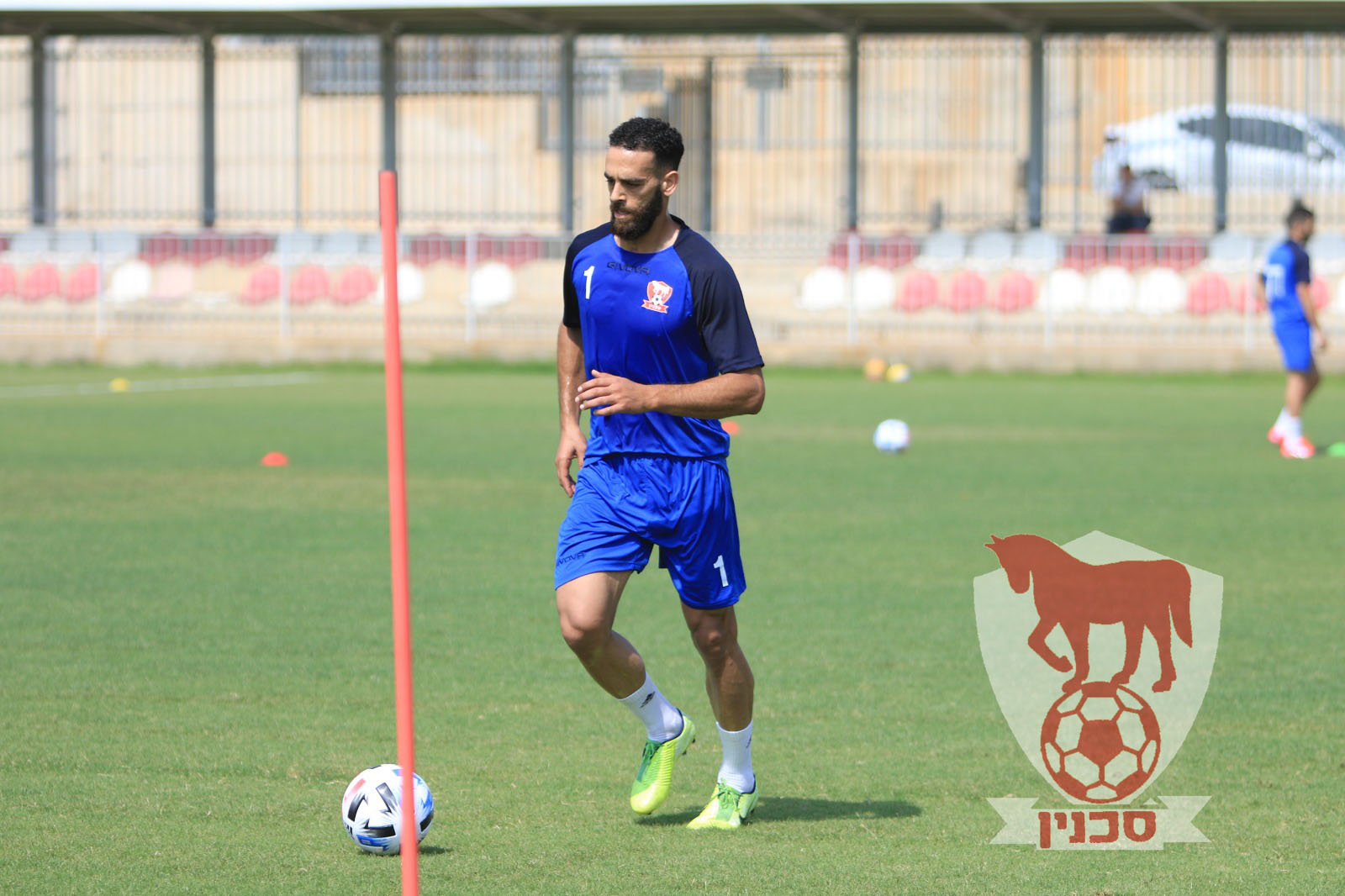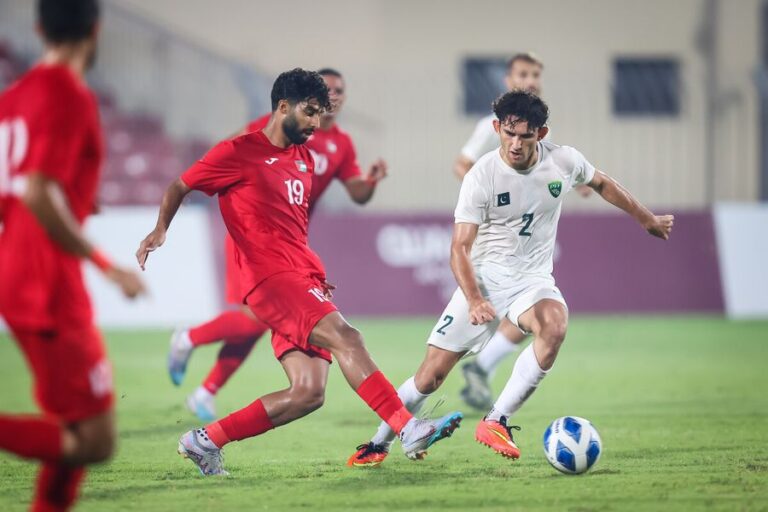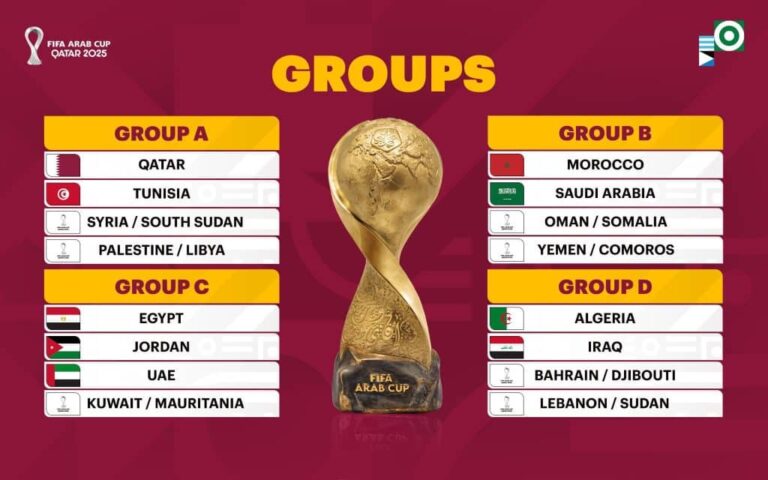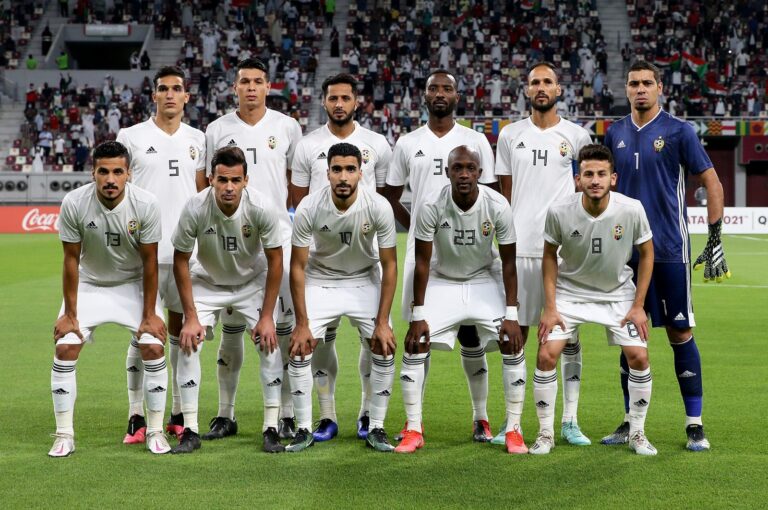It’s safe to say that the past year have seen tectonic shifts in Palestinian football. The sight of Mohammed Darweesh training with Bnei Sakhnin is just the latest bombshell and it may signal yet another high profile departure from the domestic Palestinian League.
In a year that started brightly, Palestine recorded an historic World Cup qualification victory against Uzbekistan, that bright September afternoon proved to be no more than a false dawn.
In the following months, the entire house of cards came crashing down. The national team inexplicably lost to Singapore and Yemen, sinking to the bottom of their World Cup qualification group table.
The West Bank Premier League, which had been battling insolvency and mismanagement throughout its existence was not faring any better.
Hilal Al-Quds was the shinning light in the league but the loss of manager Khader Obeid last season was a harbinger of bad things to come. Even with the addition of Abdallah Jaber and Mohammed Rashid and successful qualification to the group stages of the AFC Cup, the problems were beginning to be laid bare.
No financial rewards for the development of Oday Dabbagh meant money continued to be in limited supply for Hilal Al-Quds who were paying maxed out contracts to a slew of players in the side.
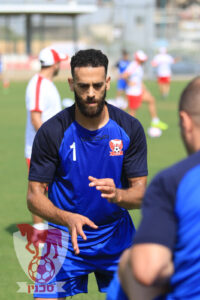
The lagging form of the club in the domestic league only deepened the crisis as the players went unpaid for the entirety of the 2020 calendar year. Desperate calls to the PFA for help yielded an extortionate deal which forced the hands of many players.
Shadi Shaban was the canary in the coal mine, leaving Jabal Al-Mukaber for FC Daburiyya of the Israeli third tier. It was a move that went ignored because it had happened before. Former national team players who struggled for playing time with Al-Fida’i were known to cut ties with the WBPL in search of stability. Ahmed Abu Nahya did it as did Fady Zidan and Hilal Mousa.
What is different now is that the main pillars of the national team and the league’s flagship club are no longer willing to be held hostage. For players like Mohammed Darweesh, Abdallah Jaber, and Rami Hamadi a move abroad would be the natural next step, their Israeli passports however have scuppered any such move.
In the case of Abdallah Jaber, he had signed contracts rescinded by not one but two Egyptian Premier League Clubs. Darweesh and Hamadi also have a litany of almost transfers to their name.
Perhaps this picture of Mohammed Darweesh in a Bnei Sakhnin training top will finally push the PFA and West Bank Premier League to change. As it stands, the league needs an identity.
If the WBPL wants to be the alternate destination for Palestinian players within Israel then it needs to find a way not only to offer contracts of $50,000 tax-free but to actually pay that promised salary on time. It also needs to invest in training facilities that bring the WBPL on par with what exists on the other side of the green line.
Perhaps that is too much to ask of the cash strapped league. That is fine, it could always aim to cut liabilities in the form of bloated player contracts and focus on youth development. Playing youngsters as young as 16 and then selling them after 3-4 years of development as many smaller European leagues do (Iceland and Ireland chief amongst them).
For the PFA and the national team, they are on the verge of losing their third national team captain in the space of a few weeks if precedent is not overturned. Darweesh, Jaber, Hamadi, and Shaban all love playing for the national team and have helped lift the team out of the doldrums over the past five years.
A continued, self imposed boycott of players plying their trade in the Israeli league could have disastrous consequences on the national team both in the short and long term. Whereas a reversal of the policy could help Palestine attract even more talent into its ranks.
As for Mohammed Draweesh, there is still no word on whether or not he is will sign for Bnei Sakhnin. Perhaps it is a ruse to get Hilal to pay him his wages or maybe he will leave further heaping pressure of the PFA to change an obtuse policy.

